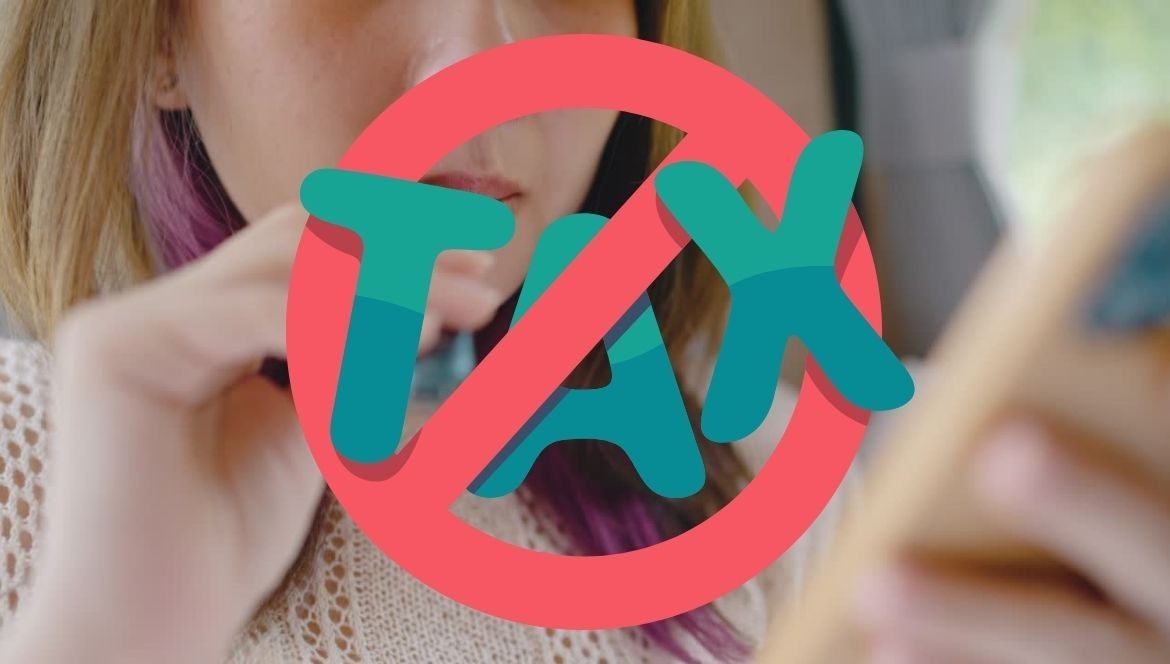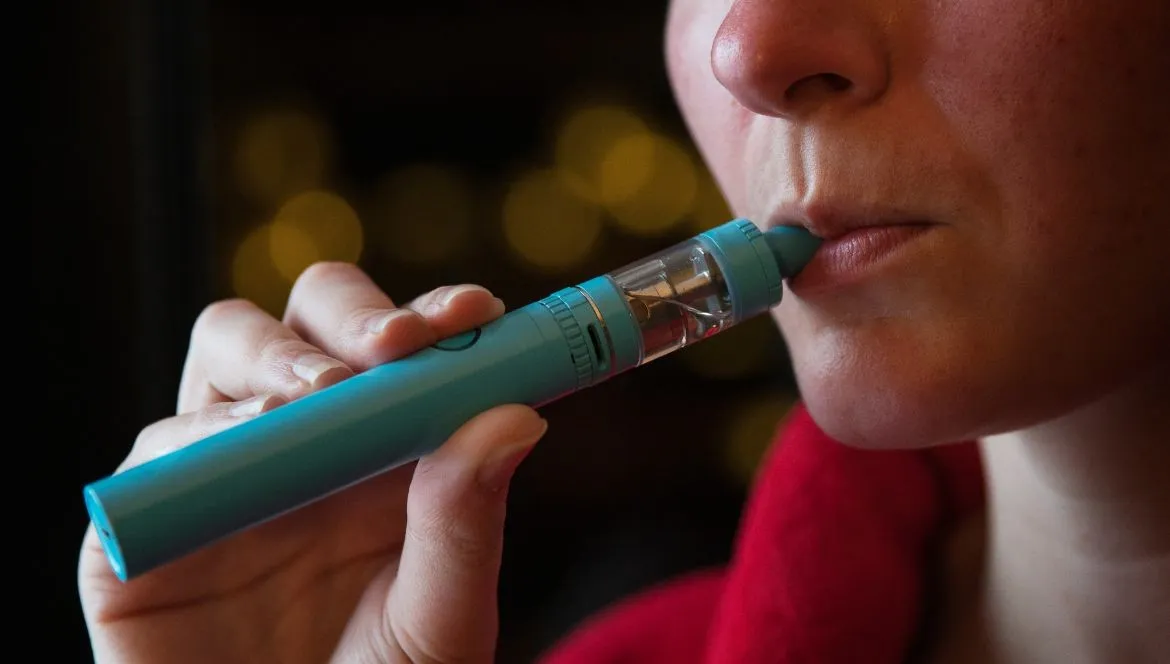UK Vaping tax law from 2026 - What this means for you

The new vaping tax laws coming into effect in 2026 confirms the government doesn't care about the young generation vaping and more about making the money they're missing out on since people stopped smoking.
In a move that has sparked controversy and raised eyebrows among public health advocates, the United Kingdom will be introducing a new vaping tax law in 2026. While proponents argue that it aims to deter young people from vaping, critics argue that it's primarily a revenue-generating measure that unfairly penalises the working class. This move raises questions about the government's priorities and whether they truly care about tackling youth vaping or are more focused on filling their coffers.
The new vaping tax law, touted as a measure to curb underage vaping, is being met with skepticism by many. Instead of addressing the root causes of youth vaping, such as easy access and aggressive marketing tactics by vaping companies, the government has chosen to impose a tax that disproportionately affects certain demographics. By targeting the affordability of vaping products through taxation, the government seems more concerned with squeezing money out of consumers than with safeguarding public health.
One of the glaring issues with the new tax law is its failure to effectively deter underage vaping. Research suggests that price increases alone are unlikely to dissuade young people from experimenting with vaping. Instead, comprehensive strategies involving education, regulation of sales and marketing, and support for smoking cessation are needed to address the complex factors driving youth vaping. Placing the burden solely on the cost of vaping products ignores the multifaceted nature of the issue.
Moreover, the new tax law unfairly penalizes the working class, many of whom have turned to vaping as a less expensive alternative to smoking traditional cigarettes. By making vaping less affordable, the government risks pushing these individuals back towards smoking, undoing years of progress in reducing smoking rates. It also exacerbates existing health inequalities, as those with lower incomes may find it harder to access smoking cessation resources or afford the increased cost of vaping.
Instead of relying solely on taxation, a more effective approach would be to regulate vaping more rigorously. Licensing vaping products and restricting their sale to specialist stores could help ensure that they are only accessible to adults who are already smokers looking to quit. Additionally, imposing hefty fines on retailers who sell to minors would help enforce these regulations and discourage underage vaping. Such measures would target the root causes of the problem while minimizing the unintended consequences of taxation.
Comparisons have been drawn to the high taxes imposed on traditional tobacco products, which are often justified by governments as a means to offset the healthcare costs associated with smoking-related illnesses. However, the same rationale does not necessarily apply to vaping. Unlike smoking, which has well-established links to a myriad of health issues, the long-term health effects of vaping are still being studied. While vaping is not without risks, it is generally considered to be less harmful than smoking.
In conclusion, the UK's new vaping tax law reflects a shortsighted approach to addressing youth vaping that prioritizes revenue generation over public health. By disproportionately burdening the working class and failing to effectively deter underage vaping, the government is missing an opportunity to enact meaningful change. Instead, a more balanced approach that combines regulation, education, and support for smoking cessation is needed to address the complex issue of youth vaping.
In Same Category
- The False Economy of Fake Atomisers, Coils, and Pods
- The Dangers of Illegal, Unregulated Vaping Products: Why You Should Choose Reputable Stores
- Popcorn Lung from Vaping: Why It Hasn’t and Won’t Be a Concern in the UK
- The Cheapest Online Vape Store for Shortfill E-Liquid
- Quitting Smoking - Cold Turkey Vs Nicotine Patches Vs Vaping









Comments
No comment at this time!
Leave your comment